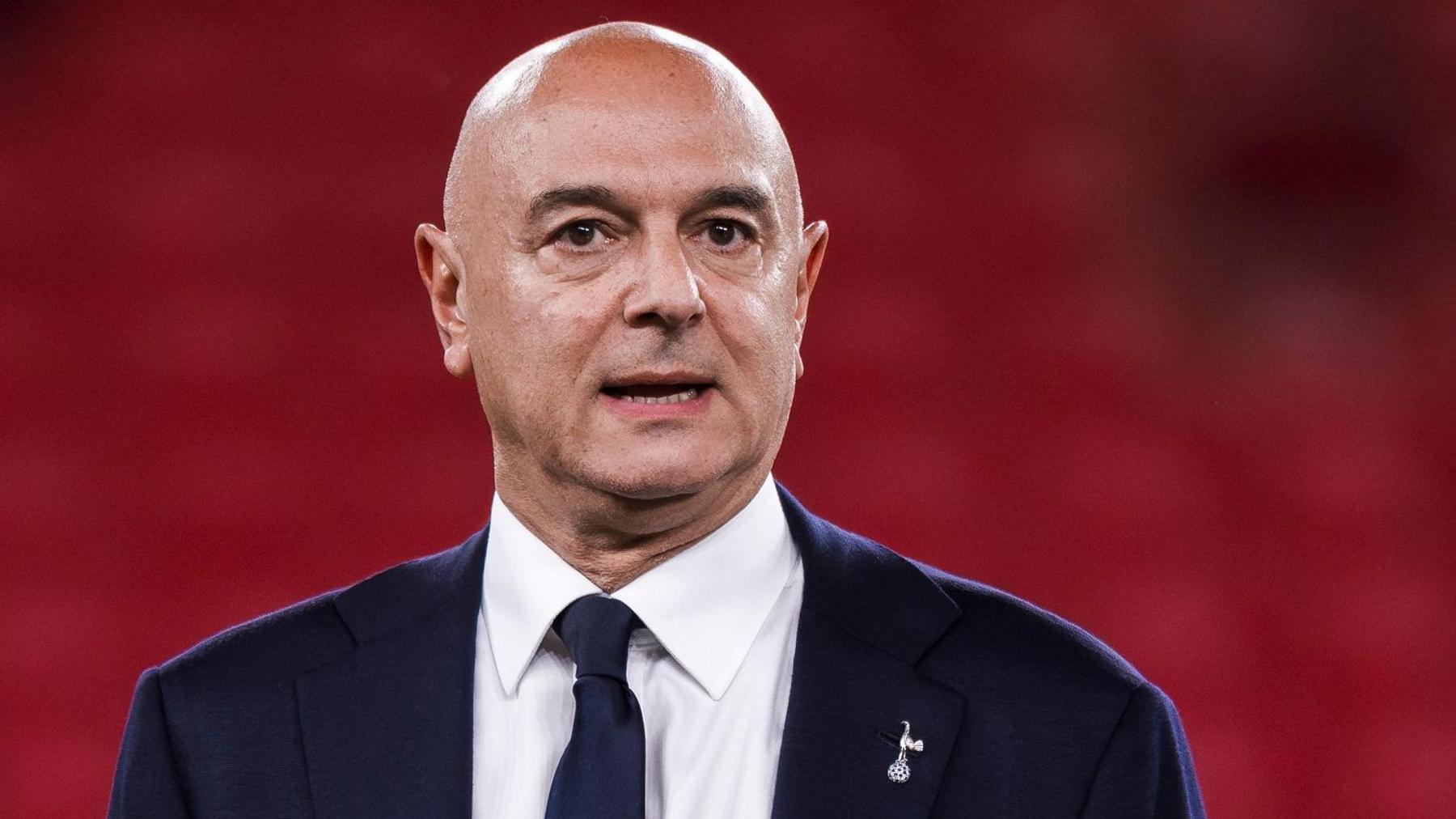Daniel Levy steps down as Tottenham executive chairman after nearly 25 years
Long-serving chairman leaves after Europa League success amid years of fan protests and a reputation as a shrewd negotiator
Daniel Levy has stepped down as executive chairman of Tottenham Hotspur after almost 25 years in charge, leaving the club following its Europa League triumph in May.
Levy, 63, was appointed in March 2001 and became the Premier League's longest-serving chairman. His departure comes after Spurs ended a 17-year wait for a major trophy by winning the Europa League, a capstone to a tenure that included the construction of a new stadium, extended periods of Champions League football and sustained growth of the club's global profile.

In a statement, Levy said he was "incredibly proud of the work I have done together with the executive team and all our employees." He added: "We have built this club into a global heavyweight competing at the highest level. More than that, we have built a community. I was lucky enough to work with some of the greatest people in this sport, from the team at Lilywhite House and Hotspur Way to all the players and managers over the years. I wish to thank all the fans that have supported me over the years."
Levy leaves with an estimated personal gain of more than £50 million over his time at the club. He was widely regarded within football as a shrewd operator and tough negotiator, traits that helped Tottenham navigate complex transfers, stadium development and commercial expansion. Those same traits also made him a frequent target of supporter protests, which intensified in recent seasons and peaked last year when fans staged regular demonstrations aimed at the board's governance and strategic choices.
During Levy's nearly quarter-century tenure, Tottenham moved from White Hart Lane to the state-of-the-art Tottenham Hotspur Stadium and saw repeated appearances in Europe's top competitions, though domestic silverware proved elusive until the club's recent Europa League victory. The win in May ended a trophy drought that stretched back 17 years and provided a major sporting milestone as Levy prepared to step away.
Levy's period in charge also included multiple managerial appointments and departures. Club communications and images released in connection with the announcement noted managerial changes made over the past year, including the summer appointment of Thomas Frank.
Media coverage of Levy's exit highlighted the dual nature of his legacy: significant infrastructural and commercial achievements alongside persistent supporter unrest. Analysts point to the stadium project and international commercial deals as long-term pillars of the club's financial strength, while critics emphasised a lack of domestic trophies until the recent Europa League campaign and concerns over governance.
Tottenham Hotspur has not released further details about the club's succession plan or the timing of a formal handover. The club is expected to provide an update on its board and executive structure in due course as it prepares for the next season.
Levy's departure marks the end of an era at Tottenham. It concludes a near 25-year chapter in which the club transformed its global standing, navigated the commercialisation of the modern game and ultimately returned to the winner's circle on the pitch.